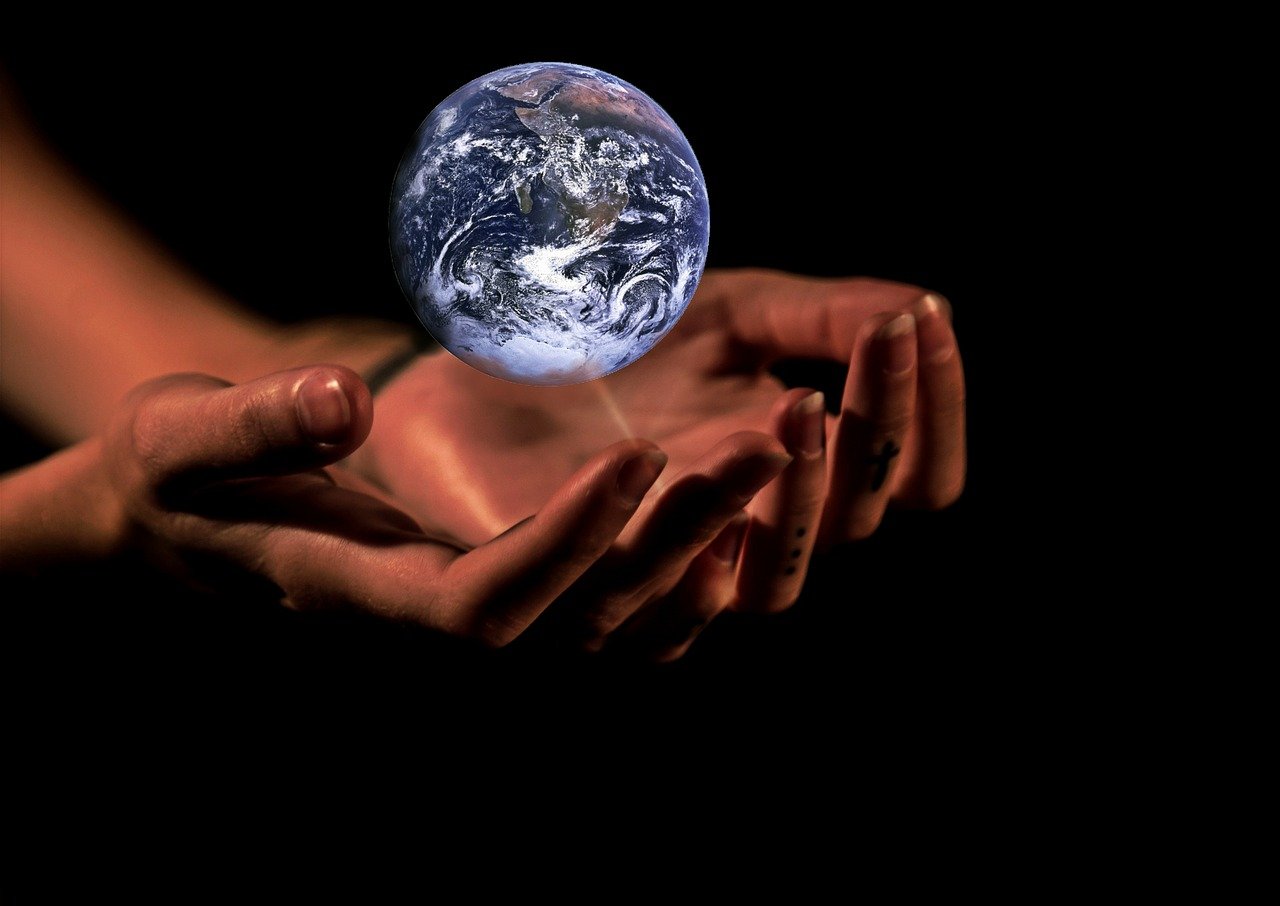Introduction
Climate change, primarily driven by human activities, is causing unprecedented alterations to global ecosystems. Rising temperatures, polar ice melt, ocean acidification, and changes in precipitation patterns are disrupting ecosystems and threatening biodiversity worldwide. Understanding these impacts is crucial for developing effective strategies for mitigating and adapting to the effects of climate change.
Greenhouse Gases and Temperature Increase
The main driver of climate change is the increase in greenhouse gas (GHG) concentrations in the atmosphere, including carbon dioxide (CO2), methane (CH4), and nitrous oxide (N2O). These gases trap heat in the Earth’s atmosphere, leading to an increase in global temperatures, known as global warming. Since the Industrial Revolution, the burning of fossil fuels for energy, deforestation, and industrial processes have drastically increased GHG levels. The resulting warming has led to more frequent and severe weather events, such as heatwaves, droughts, and hurricanes.
Impact on Ecosystems and Biodiversity
The rise in global temperatures is causing widespread ecological disruption:
- Terrestrial Ecosystems: Many plant and animal species are forced to migrate to higher altitudes or latitudes in search of cooler environments. This shift often leads to habitat fragmentation and increases the risk of extinction for species that cannot adapt or move quickly enough. For instance, polar bears and other Arctic species are losing their habitats as sea ice continues to melt.
- Marine Ecosystems: Ocean acidification, caused by the absorption of excess CO2, is damaging coral reefs, shellfish, and other marine life. Ocean warming is also altering fish populations, affecting both biodiversity and food security for millions of people who rely on fishing for their livelihoods.
- Forests: Deforestation exacerbates climate change by releasing stored carbon into the atmosphere while reducing the planet’s ability to absorb CO2. Forest ecosystems, particularly tropical rainforests, are vital for maintaining biodiversity and regulating the global climate but are under severe threat due to logging and land-use changes.
The Role of Renewable Energy
One of the most effective ways to combat climate change is transitioning from fossil fuels to renewable energy sources such as wind, solar, hydroelectric, and geothermal power. Renewable energies not only reduce greenhouse gas emissions but also contribute to creating sustainable jobs and economic growth. Many countries are implementing policies that promote clean energy development, and investment in renewable energy is rapidly increasing.
Global Conservation Efforts
To protect biodiversity and mitigate the impacts of climate change, global conservation efforts are essential. International agreements like the Paris Agreement aim to limit global warming to well below 2°C compared to pre-industrial levels. Additionally, many countries are working to protect ecosystems through reforestation, wildlife conservation, and the establishment of protected areas. However, more ambitious actions are needed to achieve these goals and safeguard ecosystems for future generations.
How Individuals Can Contribute
Every person has a role to play in reducing the impact of climate change. Simple actions such as reducing energy consumption, using renewable energy at home, supporting sustainable products, and minimizing waste can make a significant difference. Public awareness and participation in climate-friendly initiatives are crucial for driving the large-scale changes needed to protect our planet.
Conclusion
Climate change is profoundly affecting global ecosystems, from terrestrial and marine environments to forests. Addressing this issue requires a combination of technological innovation, policy changes, and individual actions. By understanding the impacts and actively participating in conservation efforts, we can work towards a more sustainable and resilient future for our planet.
